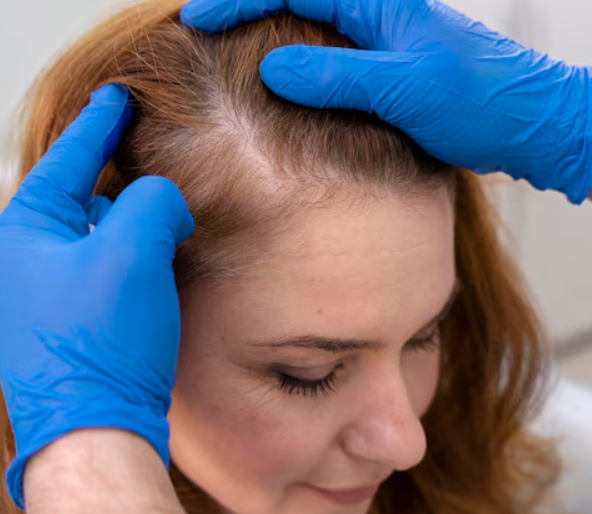Hormones and Their Impact on Skin Health

Our skin’s appearance is deeply influenced by the delicate balance of hormones in our body. Some individuals may notice noticeable changes in their skin throughout the year, while others experience little variation over time. The underlying reason for these differences lies in the types and levels of hormones present in the body.
What Are Hormones?
Hormones are natural chemical messengers produced by the body to regulate various functions. They help manage everything from how we feel to how our skin looks. When these hormones are in balance, they support healthy, youthful skin. However, an imbalance can lead to skin issues, making it crucial to understand how they influence our skin.
Hormones can affect our skin in several ways:
- They can lead to both dry and oily skin.
- They may trigger acne or other skin conditions.
- They can contribute to the formation of wrinkles or age spots.
- They can increase oil production, causing the skin to appear greasy.
How the Menstrual Cycle Affects Our Skin
The menstrual cycle, a monthly process unique to women, involves the release of an egg from the uterus, which may be fertilized by sperm. This cycle triggers hormonal fluctuations that can impact skin health.
Estrogen, a hormone that increases during the menstrual cycle, can give the skin a natural glow and make it oilier, which might also lead to acne. On the other hand, progesterone tends to soften the skin and reduce inflammation.
Other factors, such as stress, can also influence skin conditions during this time. Stress can boost blood flow to the skin, contributing to breakouts. Additionally, caffeine can raise estrogen levels, potentially exacerbating skin issues.
Key Hormones That Impact Skin Health
Several hormones play a significant role in the appearance and health of our skin, but some, like estrogen and testosterone, have particularly notable effects.
Estrogen: Known for regulating the female reproductive system, estrogen helps maintain the balance of oil and water in the skin, keeping it hydrated and youthful. It can also reduce the appearance of pores and prevent wrinkles and age spots. However, excessive estrogen can have negative consequences. High estrogen levels can lead to oily skin, breakouts, and even excessive facial hair growth. It can also cause skin irritation and redness due to enlarged blood vessels.
Testosterone: Primarily associated with male reproductive health, testosterone is also present in women and influences skin health. It affects the production of oil and sweat, which can make the skin drier and more prone to issues like cellulite. Testosterone can also lead to acne and other skin problems.
These two hormones are key in regulating skin moisture levels and protecting the skin’s barrier function. Estrogen helps keep the skin hydrated, while testosterone supports the production of sebum, a natural oil that prevents moisture loss.
Hormonal Changes During Pregnancy and Their Effect on the Skin
Pregnancy brings significant hormonal shifts that can impact skin health. An increase in estrogen and progesterone can alter oil production, sweating, and sebum levels, potentially changing the skin’s color, texture, and appearance.
For some women, pregnancy may lead to heightened skin sensitivity, possibly resulting in conditions like rosacea, which causes redness and inflammation.
Pregnant women need to care for their skin carefully, avoiding harsh products, moisturizing regularly, and using sun protection when necessary to keep their skin healthy.
Understanding Hormones and Skin Health
Hormones play a critical role in regulating everything from our mood to our skin’s appearance. By understanding how these hormonal fluctuations affect your skin, you can begin to develop a skincare routine that promotes balance and helps maintain healthy, glowing skin.





